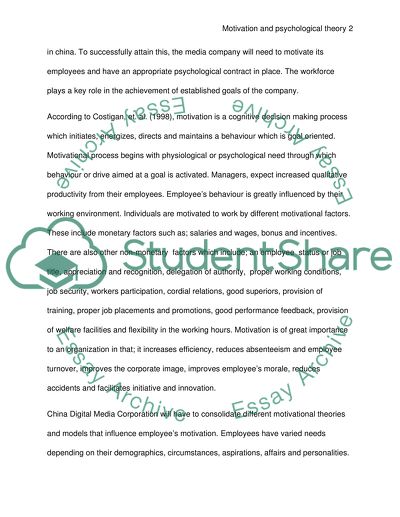Cite this document
(“Motivation and psychological contact on Media Company in China Essay”, n.d.)
Retrieved from https://studentshare.org/environmental-studies/1421246-motivation-and-psychological-contact-on-media
Retrieved from https://studentshare.org/environmental-studies/1421246-motivation-and-psychological-contact-on-media
(Motivation and Psychological Contact on Media Company in China Essay)
https://studentshare.org/environmental-studies/1421246-motivation-and-psychological-contact-on-media.
https://studentshare.org/environmental-studies/1421246-motivation-and-psychological-contact-on-media.
“Motivation and Psychological Contact on Media Company in China Essay”, n.d. https://studentshare.org/environmental-studies/1421246-motivation-and-psychological-contact-on-media.


